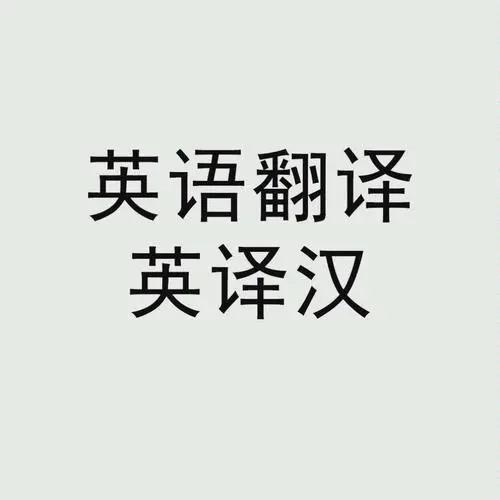短文We Are on a Journey翻译分析(2) 在翻译时,我们不能完全按照字面词语去译,那样的话会造成语句不通,因此,该变通的要变通,该省译的要省译。请看下面这个五个小句子。 We are gaining something, or losing something every day. Even when our position and our character seem to remain precisely the same, they are changing. For the mere advance of time is a change. It is not the same thing to have a bare field in January and in July. The season makes the difference. The limitations that are childlike in the child are childish in the man. 第一句中的something不直译成“某事,某物”,只翻译成“有所得,有所失”就可以。precisely要变通翻译成“完全”,而不能直译成“精确的”。 因为第二句的even,在翻译时可以译成“即使”,主句就要增加“实际上”,会使句子更通顺。第三句的not the same thing相当于different,就不要直译,可以译成“截然不同”。 第一句的or可以省译,用逗号就可以达到目的。最后一句中的名词limitations需要省译,因为译出后会使汉语句子不通顺,这个句子的后面这几个词已经完全表达出了要表达的意思了。因此,这个小段可以翻译成: 我们每天都有所得,也有所失。即使我们的地位和性格看起来完全没有变化,实际上在发生变化。因为时间的推移本身就是一种变化。对于一块光秃秃的土地来说,一月和七月截然不同。季节造成了变化。孩子的天真烂漫在成人身上就是幼稚。


